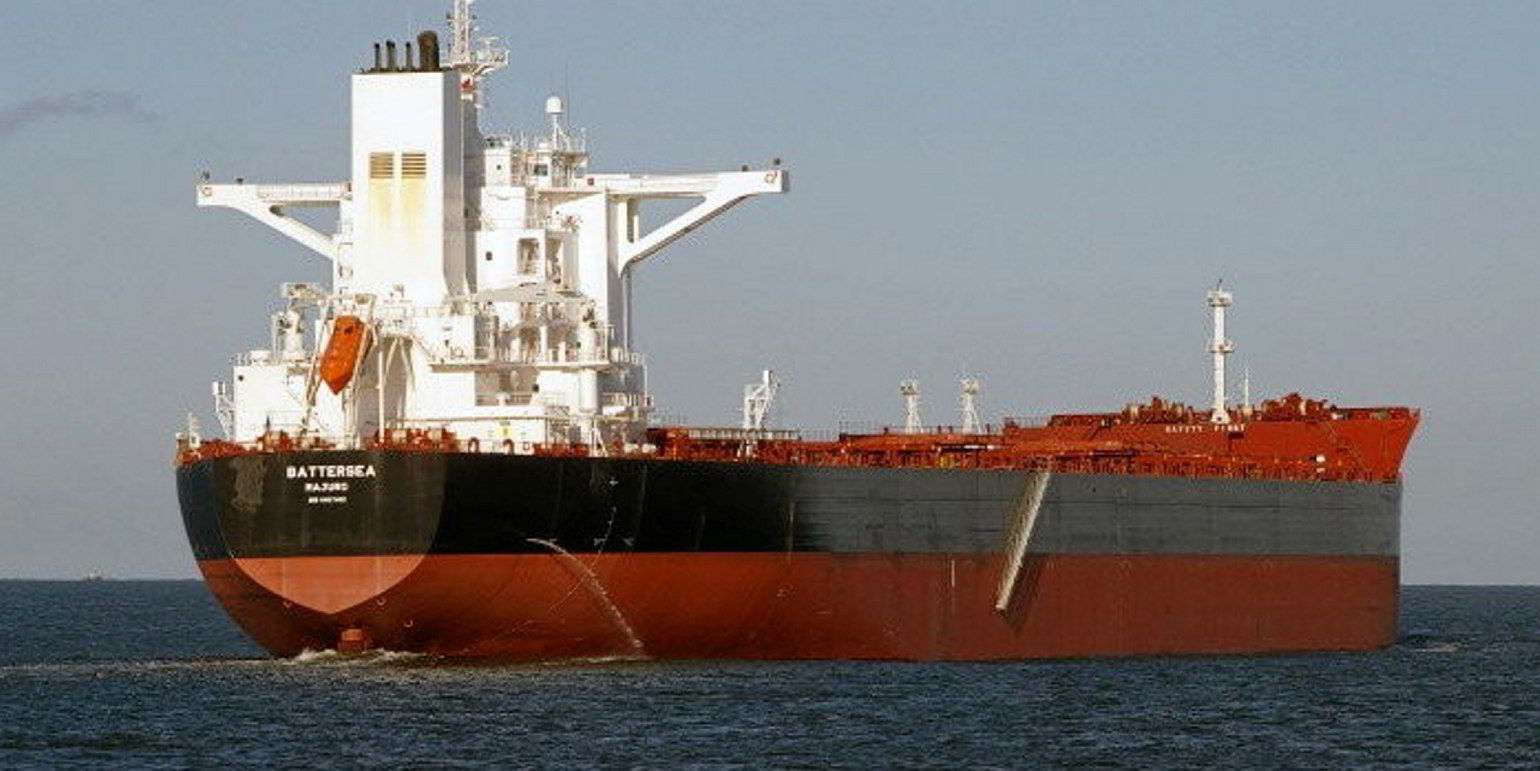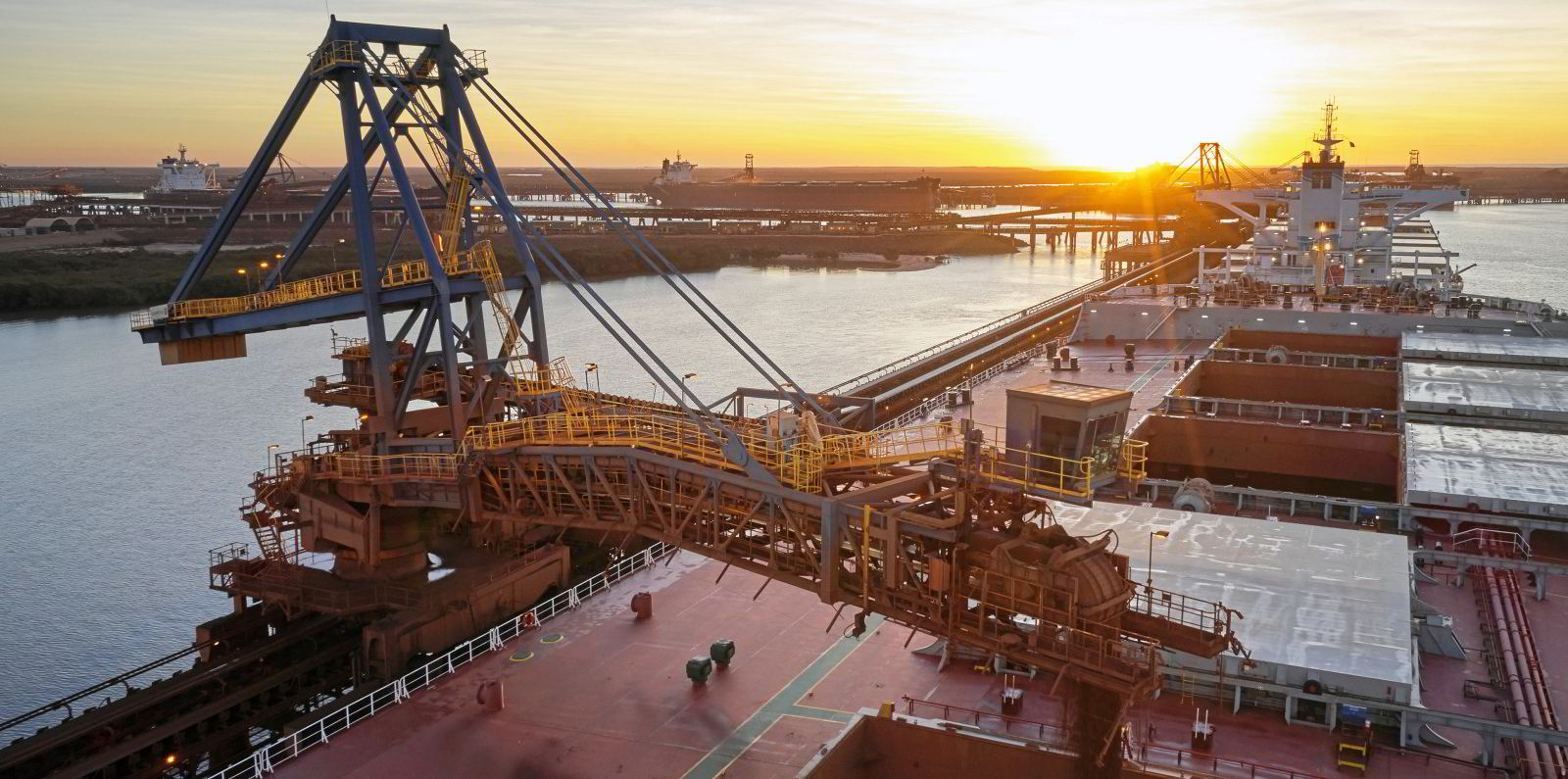The futures market for capesize bulkers fell on Monday as China cuts back steel production to curb carbon emissions, according to a broker.
The world’s largest steel producer plans to limit this year’s volume to 1bn tonnes to keep production flat with last year’s output.
The country announced in March that it might lower 2023 production by 2.5% to extend a two-year policy on curbing emissions.
May futures contracts based on the Baltic 5TC capesize route basket lost $1,036 on Monday to land at nearly $17,800 per day, while those for June shed $1,140 to come in at just over $20,500 per day, according to the Baltic Exchange.
July contracts fell just as hard on Monday, losing $1,043 per day to land at about $21,300 per day.
“The prices for shipping iron ore have dropped because China has been pulling back on their steel manufacturing,” the broker said.
The physical market was more resilient on Monday as the capesize 5TC set of spot-rate averages across five key routes picked up $256 per day since Friday to reach just over $16,500 per day.
Despite the broader capesize earning gains, Rio Tinto still paid less on Monday to send iron ore from Australia to China.
The company fixed an unnamed capesize to carry 170,000 tonnes of iron ore at $8.40 per tonne from Dampier, Australia, to Qingdao, China, after loading the ship from 8 to 10 May.
The Australian mining giant paid more to hire two unnamed capesizes on Friday to ship the same amount of the commodity at $8.60 and $8.65 per tonne on the same route after loading the vessels from 6 to 9 May.
The capesize market has started off the week with “a rather slow opening” in the Pacific basin following a positive end to last week, Baltic Exchange analysts said on Monday.
They said the sluggish start on Monday might be due to having only one of the top charterers on the Australia-to-China iron ore trade shipping iron ore on Monday as a result of a holiday in Singapore.
“There appears to be marginally less volume, and together with negative paper, brokers have said there is a softer feel to the market,” the analysts said.






